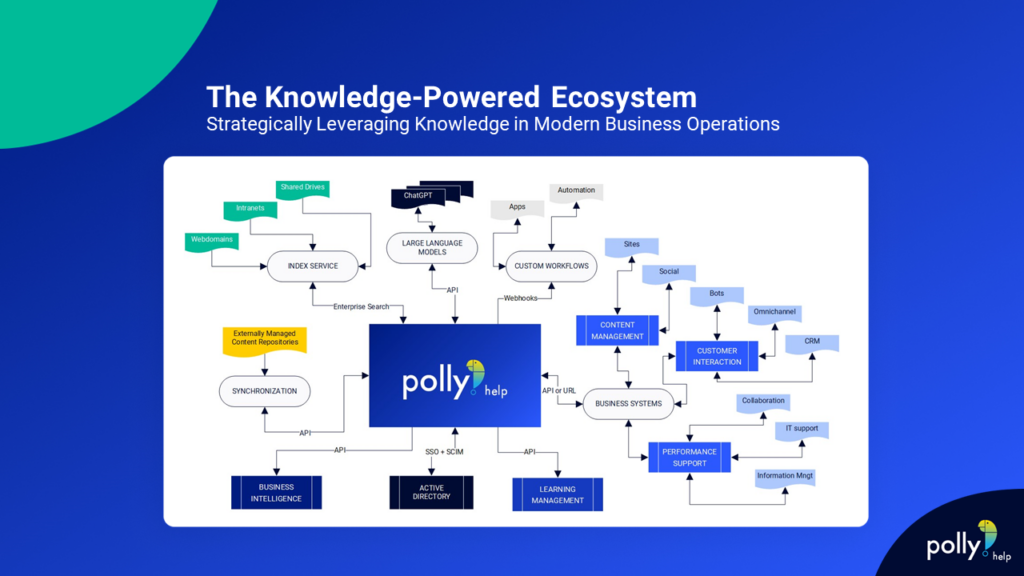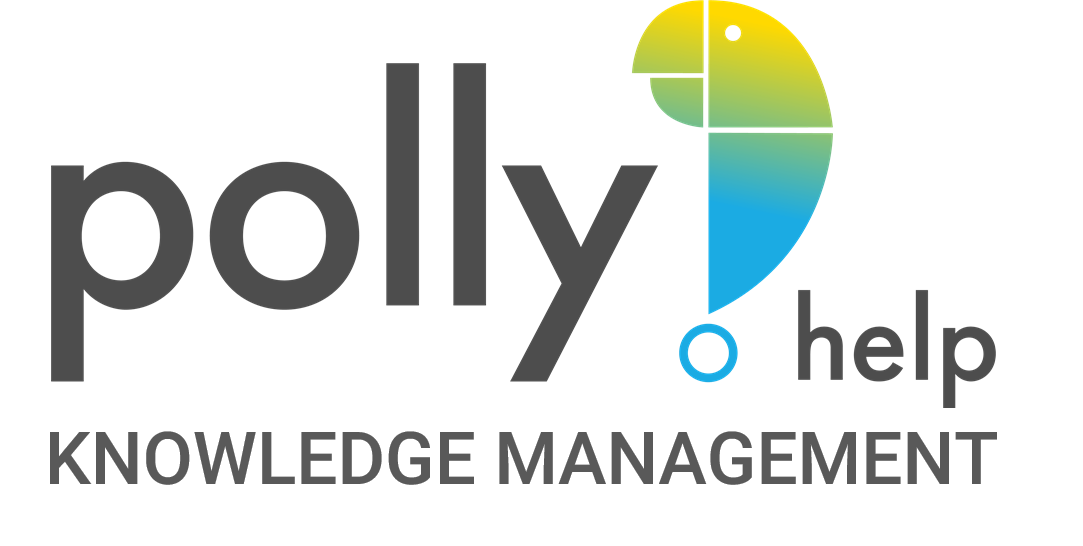In the ever-evolving realm of IT, strategic decisions hold the key to an organization’s efficiency and effectiveness. When it comes to knowledge management, it’s not about replacing existing systems but enhancing the entire landscape through seamless integration and centralization. This article delves into the pivotal role of knowledge management within an organization’s IT ecosystem, shedding light on how it enriches business processes by providing context-rich knowledge.
A Comprehensive Vision: Eliminating Knowledge Silos
For many organizations, knowledge is scattered across disparate systems and departments, resulting in knowledge silos that hinder collaboration and informed decision-making. Knowledge management steps in as a unifying force, aiming to centralize and organize fragmented information. The migration of these knowledge silos into a centralized platform creates a single source of truth, ensuring that valuable insights are readily accessible to all, regardless of their position within the organization.
The Hub of Knowledge: Enhancing Business Processes
Imagine a knowledge management platform serving as the hub of knowledge, capable of supplying context-rich insights to other business systems. This dynamic integration goes beyond knowledge management as a standalone initiative; it positions it as a catalyst for enhanced business processes. By seamlessly embedding knowledge within various systems, it amplifies decision-making, expedites problem-solving, and fosters a culture of innovation.
Strategically Adding Context: The Far-Reaching Impact
Knowledge is not static; it adapts to the ever-changing business landscape. By strategically placing knowledge management at the core of the IT system landscape, organizations ensure that contextual knowledge flows seamlessly through their operations. This infusion of context empowers employees to make well-informed choices, boosting efficiency and propelling the organization towards its objectives.
Benefits of Thoughtful Knowledge Management Integration:
- Amplified Efficiency: Accessible knowledge reduces time spent searching, allowing employees to focus on productive tasks.
- Informed Decision-Making: Context-rich knowledge enables error reduction and smarter choices.
- Nurturing Innovation: Knowledge sharing fuels creative problem-solving and innovation.
- Consistency Assurance: Centralized knowledge guarantees uniformity in the use of accurate, up-to-date information.
- Enhanced Collaboration: Knowledge management breaks down silos, fostering collaboration and knowledge sharing.

Conclusion: The Knowledge-Powered Ecosystem
Strategically positioning knowledge management within an organization’s IT system landscape is no longer a trend; it’s a necessity. It’s about recognizing that knowledge drives successful business operations. By supplementing existing systems with a centralized knowledge management platform, organizations create a knowledge-powered ecosystem that elevates every aspect of their operations. This holistic approach ensures that knowledge is not just stored; it’s strategically leveraged to turn challenges into opportunities and decisions into successful outcomes.






